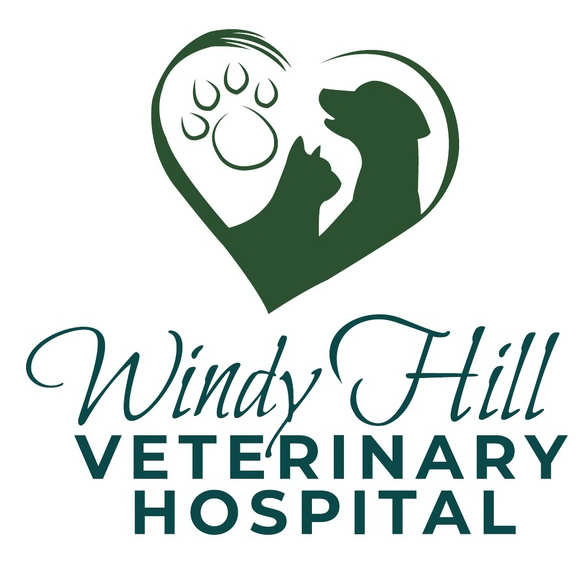Toxic Tails: Identifying and Avoiding Pet Poisons in Your Home
As animal lovers, we take great care to keep our furry companions safe, but sometimes, everyday objects in the home can seriously endanger their health. Because they are inherently curious animals, pets can get into trouble, particularly when they swallow potentially harmful items. In this blog, we’ll identify some of the most typical poisons pets can consume, giving you the information you need to avoid unintentional poisonings.
Human Drugs: Ingesting human drugs is one of the leading causes of poisoning in pets. Dogs, in particular, may chew on medication bottles or ingest tablets that fall to the ground. Medications for blood pressure, antidepressants, and painkillers can be hazardous. Never give your pet medicine without visiting your veterinarian; always store your prescriptions out of reach.
Toxic foods: Several foods are safe for people but toxic to pets. Animals may have significant health problems from chocolate, grapes, raisins, onions, garlic, and xylitol, a sweetener used in sugar-free products. Never feed your dogs these foods, and ensure they are kept safely out of reach of nosy noses.
Household Cleaners: Chemicals included in cleaning solutions are frequently toxic to animals. These compounds can upset the stomach, cause respiratory distress, and more if swallowed or even inhaled. These goods should always be used carefully and kept in a safe place. As an alternative, think about choosing cleaners that are safe for pets.
Insecticides and Rodenticides: These poisons are meant to kill, and they can be just as deadly for our animals. These poisons have the potential to cause fatalities as well as severe symptoms. Examine pet-friendly pest control solutions and use these products very carefully.
Plants: A lot of typical garden and houseplants are poisonous to animals. Sago palms, azaleas, and lilies are a few examples. Please research the plants in your garden and house to ensure they are safe for your dogs. Err on the side of caution and keep possibly hazardous plants out of reach, or stay away from them entirely if you’re unsure.
Antifreeze: Pets may be drawn to the pleasant taste of ethylene glycol, frequently included in antifreeze. Particularly in cats, even a small amount can quickly result in renal failure and death. Antifreeze should always be cleaned immediately after spills and kept out of reach of pets in properly sealed containers.
Alcohol and recreational drugs: These substances can seriously harm the health of your pet. Pets may experience breathing difficulties, tremors, and central nervous system depression and may go into a coma or pass away. Make sure your dogs can never get to these materials.
For their security and well-being, our pets depend on us. We may make our pet family members’ environment safer by being aware of the common poisons that impact them. You must immediately act if you believe your pet has consumed something hazardous. For assistance, get in touch with us or the closest veterinary hospital right away. Always remember that it’s better to be safe than sorry when it comes to your pets’ health. Save the number for the Animal Poison Control Center and have it available, along with the numbers of your neighborhood veterinarian and an emergency animal hospital. Your attention to detail might save your pet’s life.

